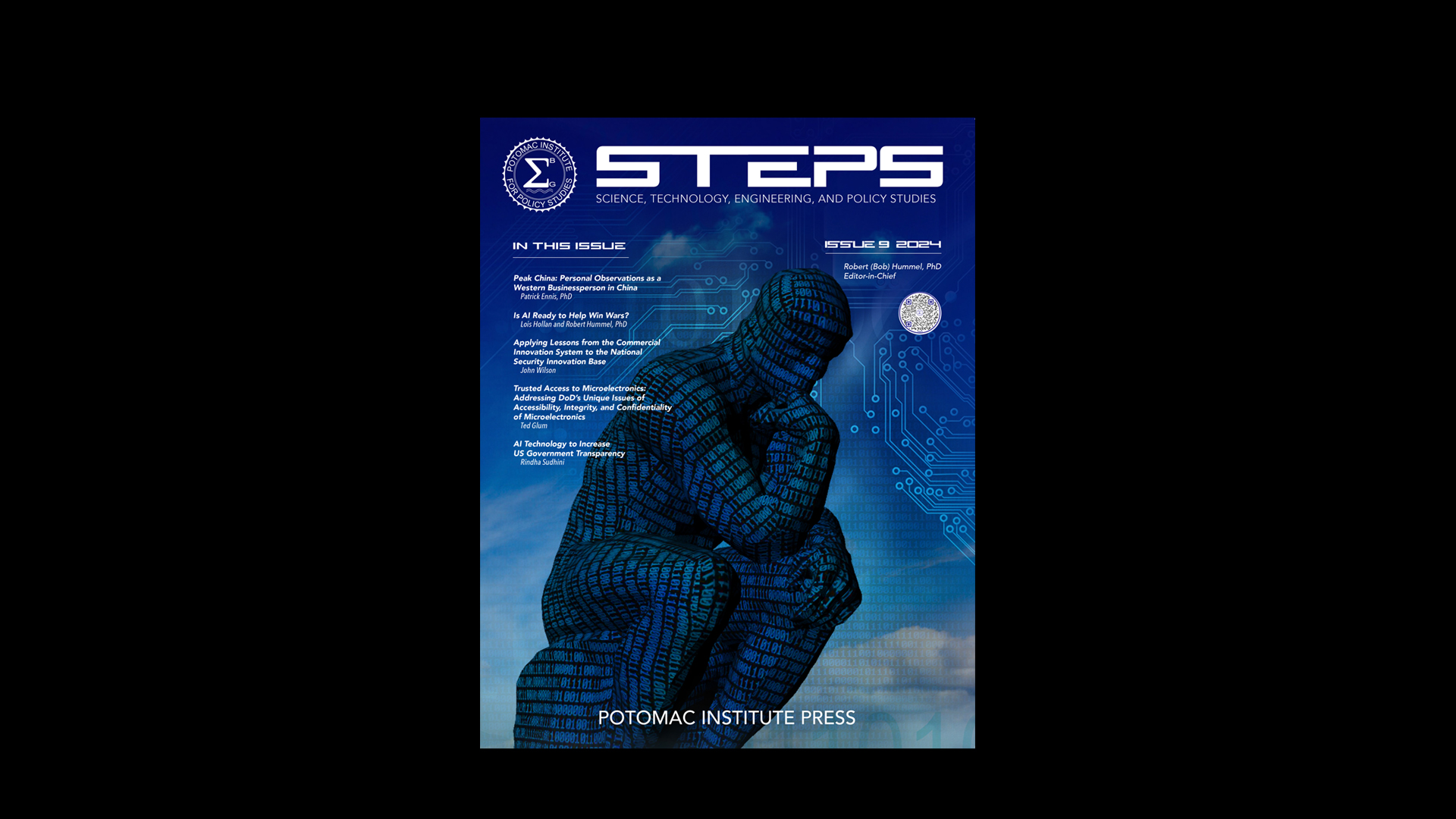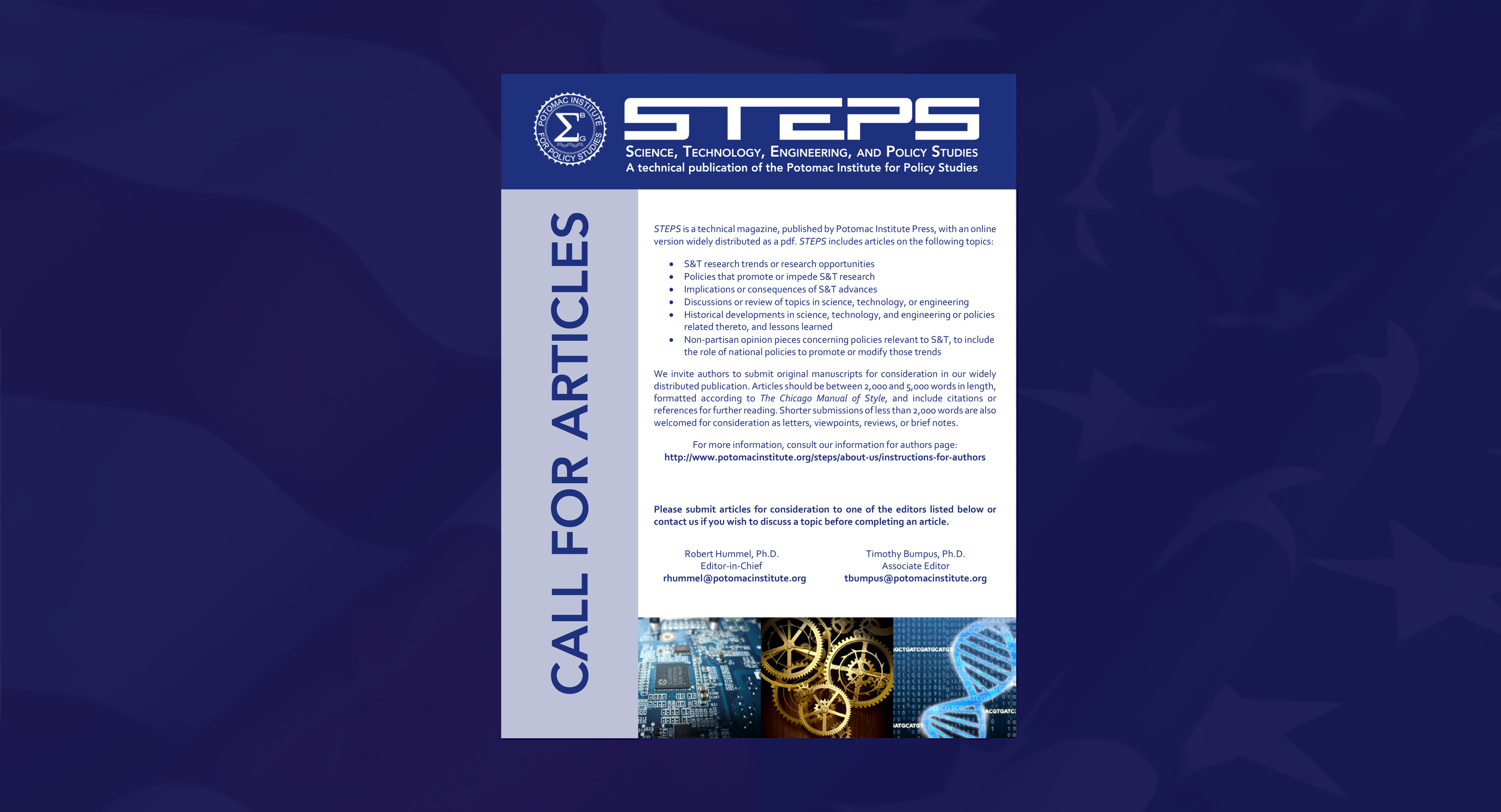Jennifer McArdle
On February 26, the Federal Communications Commission (FCC) voted in favor of reclassifying broadband Internet Service Providers (ISP) as ‘common carriers’ under Title II of the 1996 Telecommunications Act by a 3 to 2 vote. So what does that mean for you?
Well, it depends on who the ‘you’ is, because that answer differs based on whether you are a regular consumer of Internet content, a provider of Internet content, or an ISP. However, essentially, this ruling is about net neutrality—the ability to access the Internet free of discrimination. So let’s break this down a bit.
Prior to the February 26 ruling, ISP’s were regulated under Title I of the 1996 Telecommunications Act and classified as “information services.” The FCC also put in place specific anti-blocking and non-discrimination rules as part of their 2010 Open Internet Order. Basically, the FCC was attempting to ensure two things: one, that ISPs could not block or deny consumers access to an Internet site of their choosing, and two, that ISPs could not create a tiered access system, with higher paying users accessing the Internet on a ‘fast-lane’ while others are regulated to a ‘slow-lane.’
In January 2014, Verizon, one of the largest ISP's, sued the government and challenged the FCC’s regulations designed to implement net neutrality. The US Court of Appeals, DC Circuit upheld the FCC authority to use section 706 of the Telecommunications Act to regulate the Internet; however, it struck down the specific anti-blocking and anti-discrimination measures, giving Verizon the leeway to disregard the FCC’s rules. Five months later, the FCC issued a notice of proposed rulemaking on the Internet regulatory structure, which eventually received over 4 million public comments, the large majority of which were in favor of net neutrality. This set the stage for the FCC’s ruling last month.
By defining ISP's as common carriers, the FCC is essentially defining broadband Internet service providers as a utility. They are mandated by government to provide the same service to everyone without discrimination—much like electricity and gas services.
So, what does that mean for you?
You, the content consumer
By classifying ISP's as common carriers the FCC has banned ‘paid prioritization’—there will be no fast lanes and slow lanes of the Internet. And this is a good thing for the average consumer. Last June, John Oliver on his show Last Week Tonight (which is well worth watching) noted that 96% of Americans have access to two or fewer cable companies. That means that even if your Internet was being delayed or distorted you may not have the option to change to another provider.
Moreover, privacy advocates have noted that in order for ISP's to play bandwidth favorites, they need to monitor what you are doing online via deep packet inspection. While deep packet inspection is certainly important to protect against nefarious viruses or malware, it can, under certain circumstances, lead to invasions of privacy. Defining ISP's as ‘common carriers’ helps prevent against that.
The FCC resolution is designed to ensure that you the average content consumer— regardless if you consume high- or low-bandwidth—has access to Internet content free of discrimination, much like your access to other facilities deemed essential for public life, such as canals, rails, and the telephone.
You, the content producer
Last year, Netflix consumers noticed that there was far more buffering of Netflix content. That is because broadband providers insisted that Netflix users were consuming much of the available Internet bandwidth and therefore the ISP's slowed it down. Netflix reluctantly agreed to pay interconnection fees to broadband providers in order to ensure its content consumers could stream its videos. Netflix, not surprisingly, is for net neutrality.
However, it is not just the giant content producers that stand to benefit from this ruling. President Obama has noted that ‘paid prioritization’ stacks the deck against small content producing companies, which are unable to challenge the dominance of Internet giants such as Twitter, Facebook, and Netflix.
Defining ISP's as ‘common carriers’ ensures that content producers are not held hostage to ‘last mile Internet gatekeepers’ and can ensure their content reaches consumers free from bias.
You, the ISP
Not surprisingly, this ruling was not the best for ISP's who stand to make money from a tiered Internet access system. Moreover, opponents to net neutrality argue that if broadband ISPs cannot collect fees from companies who take up an outsized portion of bandwidth, they lose the incentive to invest in maintaining and upgrading their current infrastructure. This may indeed be true.
The Future?
While the February ruling seemed to settle the debate on net neutrality, it may really be just beginning. The Title II ruling is not set in stone yet and it is already beginning to be legally challenged on the Hill. What that means for ‘you’ may fundamentally change in the months to come.

















